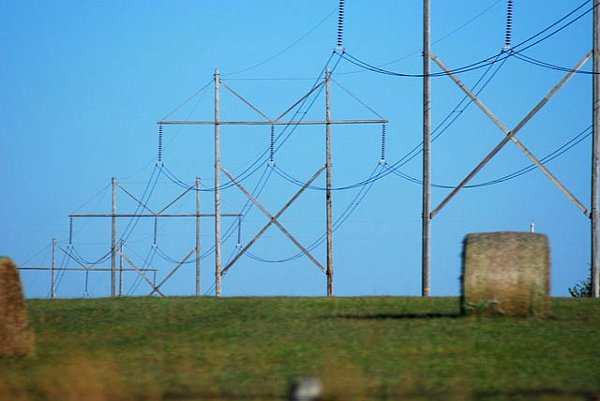JPMorgan Investigated for Gaming California Energy Market


California has recovered $20 million of $73 million in profits that JPMorgan made by exploiting loopholes in the California energy market and seeks to recover the remaining $53 million. The Federal Energy Rregulatory Commission (FERC) is now investigating for the state. JPMorgan said they did nothing wrong. The current system is supposed to provide free and open competition for energy purchases and sales. Yet it clearly can be manipulated and gamed. But that’s not supposed to happen with transparent and open marketplaces.
The California Independent Service Operator (CAISO) runs the state-wide transmission grid and provides an electronic marketplace for energy. It sells power one day in advance in the “day ahead” market as well as selling it in a separate market for immediate use. JPMorgan has a subsidiary that had contracts with energy providers. They would sell deliberately electricity cheaply in the day-ahead market while raising the price high in the spot market so few would buy. They profited from with “make-whole” agreements whereby power generators are paid to remain on a standby basis.
One of the techniques described in CAISO’s complaint to FERC, which doesn’t directly mention JPMorgan (even though FERC confirmed the bank was the party in question), showed how the bid-cost recovery mechanism was gamed in a way so as to trigger overpayments in excess of 50%. The bid-cost recovery mechanism is supposed to provide make-whole payments that cover start-up and minimum load costs for parties requesting electric energy.
This gaming of the system results in higher energy costs for end users of energy. That means you and I pay more for electricity when the system is exploited.
JPMorgan is refusing to turn over 25 emails to FERC related to the energy market gaming, claiming they are privileged as they contain advice from lawyers. Yet they earlier turned over 28 other related emails after initially claiming the same privilege.
JPMorgan made identical attorney-client privilege claims for 28 other e-mails that were later turned over to regulators. Some of the earlier e-mails that JPMorgan claimed contained legal advice were messages that said “Great job compliance,” “Are you being sarcastic?” and “Plse call ASAP,” according to the filing.
The free market energy system is supposed to be transparent and encourage competition. But situations like these more resemble the action of parasites than of capitalist competition. JPMorgan’s actions in this case extracted value for them with no concern for the system as a whole, and gave nothing in return.
The best way to handle situations like these is to ban offending entities from participating in CAISO for several years.



